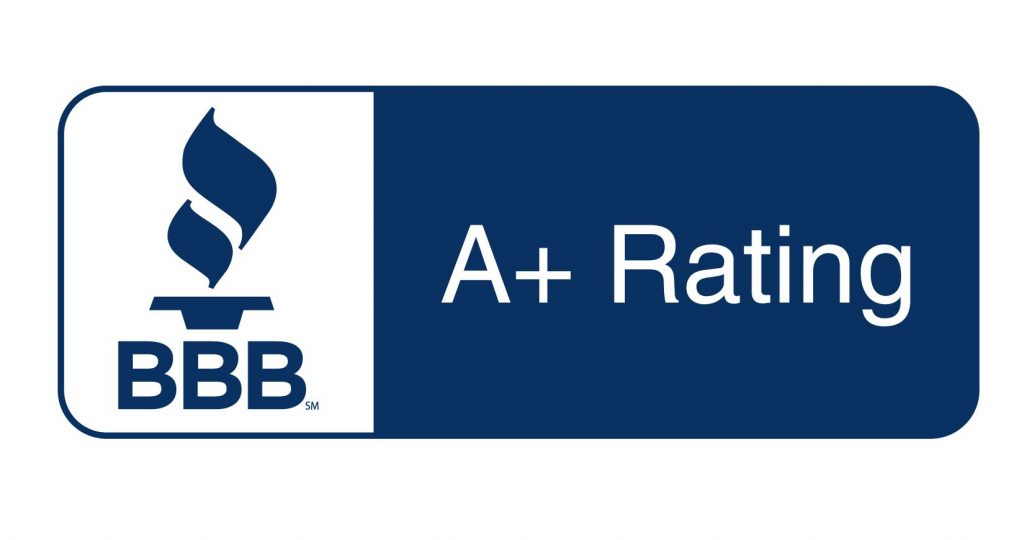
What Is Life Insurance
Life insurance is simple—you sign up with a company, pay premiums, then your beneficiaries will receive a certain amount of funds in return when you (the policyholder) pass away. This is the easiest way to understand life insurance and its purpose. While this is easy enough to understand, there are likely certain concepts and terms you are unfamiliar with.
- The contract is an agreement between you and an insurance provider that you will pay them over a certain amount of time (whether indefinitely or for a certain period) and that they will pay you a certain amount in return.
- Premiums are a monthly fee you contribute. You must keep up with these payments or else risk losing your coverage altogether.
- The death benefit is the money paid upon the policyholder’s death to the beneficiary.
- The beneficiary. An insurance beneficiary is one or multiple people you personally choose to receive the death benefit you established with the company.
Whole, Term, and Universal Life Insurance
There are 3 main types of life insurance—whole, term, and universal. Whole life is typically what you think of when you hear about “life insurance.” Often referred to as “traditional” life insurance, whole life policies are purchased, paid for monthly, and paid out upon the policyholder’s death.
However, the death benefit may increase over time. Whole life policies can earn you money—you can also use some of these earnings throughout your life.
Universal life is very similar to whole life, but not exactly the same. Unlike whole life premiums, which are set at a fixed rate that you must make every month, you can pay more or less than the standard universal life premium, with more flexibility but also a risk of paying more.
Finally, term life changes the permanent life insurance structure completely. Rather than lasting the entire duration of your life from the time you purchase it, you instead will have it for a set amount of time between 10-30 years.
Life Insurance Costs
Your costs for life insurance will vary depending on a few important factors:
- The type of plan you purchase: Whole, term, and universal life costs will all look a lot different. Whole life is more expensive than the others but has consistent rates. Term is the least expensive, but you have to renew it every period you still need it. Universal policy costs change frequently.
- Your age: The older you are, the more you’ll have to pay. This is based both on the age you sign up and can increase as you age with the plan.
- Your Health: Any health concerns will play a huge role in your costs. If your health is too poor, you may not qualify. Non-smokers also pay less than smokers.
- Your Sex: Women live longer than men—therefore, men will pay more.



